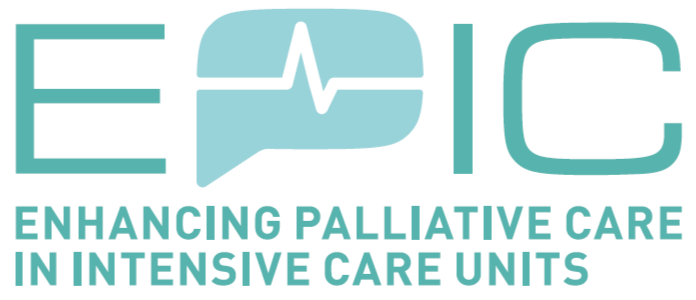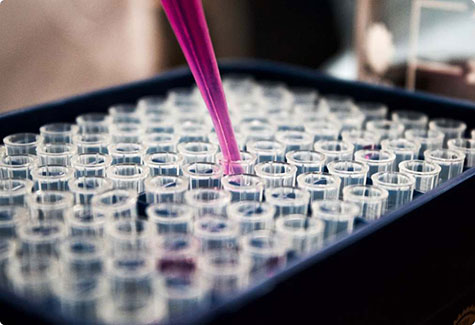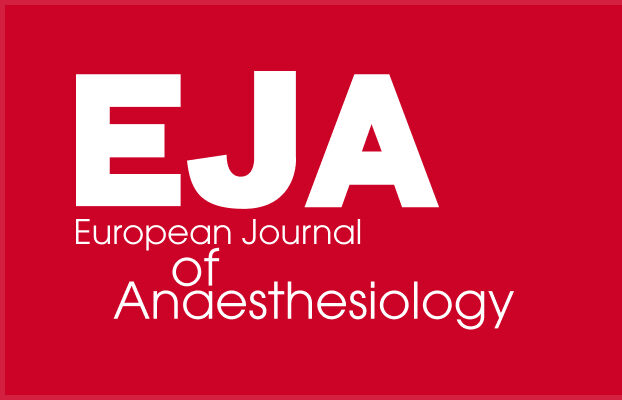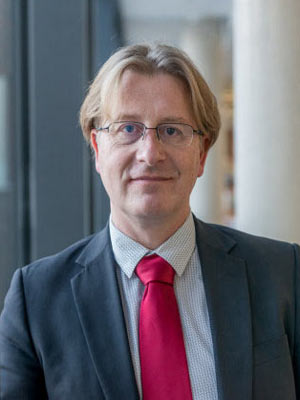ESAIC News
Introducing the EPIC Project: Enhancing palliative care in ICU
A new approach to palliative care in intensive care units

Welcome to the EPIC project’s introduction! EPIC, which stands for Enhancing Palliative Care in ICU, is an innovative initiative to transform palliative care in Intensive Care Units (ICUs) across Europe. This project brings together leading institutions and experts to improve the quality of life for critically ill patients and their families.
What is the EPIC Project?
The EPIC project is a collaborative effort to enhance palliative care in ICUs. Palliative care, which focuses on providing relief from the symptoms and stress of a serious illness, has traditionally been underutilised in ICUs. In these units, the focus is often on life-saving measures, and the holistic needs of patients and their families may not always be fully met. The EPIC project seeks to address this gap by integrating palliative care into the standard practice of ICUs, ensuring that patients receive comprehensive care that addresses their physical, emotional, and psychological needs.
Objectives of the EPIC Project
The primary goal of the EPIC project is to change the culture of palliative care in ICUs. To achieve this, EPIC aims to standardise palliative care delivery by developing and implementing standards that ensure consistent and high-quality care for all patients. As ICU clinicians and healthcare professionals, your role in this project is crucial. You will be part of the comprehensive programme to enhance your skills in providing palliative care, which includes educational modules, workshops, and ongoing support.
The project also focuses on patient and family support, developing resources such as brochures and decision aids to help patients and families understand and navigate palliative care options. Additionally, EPIC will utilise telemedicine to provide early and specialised palliative care consultations, making these services more accessible to patients in different locations. Finally, EPIC will conduct a randomised clinical trial to test the new palliative care model, generating evidence on its effectiveness and cost-efficiency.
Key Activities and Innovations
The EPIC project includes several innovative activities aimed at achieving its objectives. ICU clinician education involves developing a detailed learning module for ICU staff, covering all aspects of palliative care, available online and through interactive workshops. For patient screening, EPIC will implement consented triggers to identify patients who would benefit from palliative care early in their ICU stay.
Telemedicine services will be established to connect ICU patients with palliative care specialists, ensuring timely consultations and support. Family brochures and decision aids will be co-created to assist patients and their families understand palliative care options and make informed decisions. Additionally, the project will provide ethical guidelines for palliative care, ensuring that all interventions respect patient autonomy and preferences.
Expected Outcomes
The EPIC project aims to deliver several important outcomes that will benefit patients, families, and healthcare providers. By integrating palliative care into ICU practice, patients will receive holistic care that addresses all aspects of their well-being. ICU staff will be better equipped to provide palliative care, improving their confidence and competence in managing complex cases.
Patients and their families will have access to comprehensive information about palliative care, helping them make decisions that align with their values and preferences. Telemedicine will make it easier for patients in remote areas to access specialised palliative care services. The clinical trial will provide valuable data on the effectiveness and cost-efficiency of the new palliative care model, supporting its wider adoption.
Prof. Dr. Christiane Hartog has extensive experience working with patients receiving intensive care, as well as issues of ethics and end-of-life care in the ICU. She shared her insights on the EPIC Project:
“The ICU is a unique setting. Technological progress and therapeutic drive must be balanced against the need to relieve suffering. In modern understanding, palliative care should be integrated into daily care of all severely ill patients and their families to improve shared decision-making, patient comfort, and family support.”
Partner Institutions
The EPIC project brings together a diverse consortium of leading institutions from across Europe, including universities, hospitals, and research organisations. These partners are working collaboratively to achieve the project’s goals and ensure that the innovations developed are practical and sustainable.
The EPIC project represents a significant step forward in the integration of palliative care in ICUs. By standardising care practices, educating clinicians, supporting patients and families, and utilising telemedicine, EPIC aims to transform the experience of critically ill patients and their loved ones. We are excited about the potential impact of this project and look forward to sharing our progress and results.
The ESAIC will focus on communication and survey dissemination.
Thank you for your interest in the EPIC project. Together, we can enhance palliative care in ICUs and make a meaningful difference in the lives of patients and their families.









